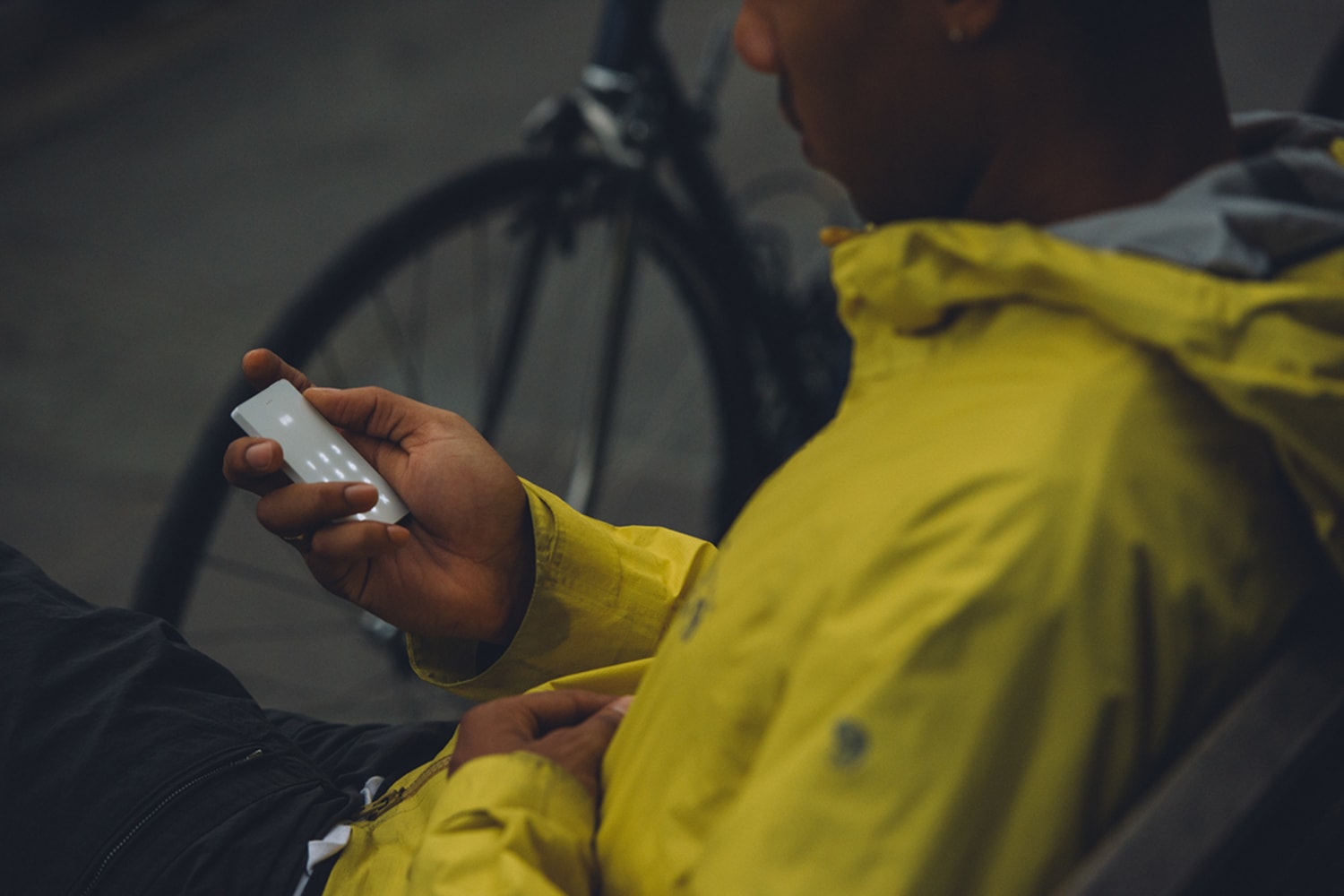Have we reached peak internet? Amid growing cultural sub-currents that prioritize well-being and mental health, a pushback to the always-on lifestyle is gaining ground. New brands are using design to counter the impacts of technology, creating thoughtful products that reframe what it means to be connected.
“It’s time to call it: The internet has stopped being fun,” reads a May Vice article titled “Not Going Online Is the New Going Online.” Today, the pitfalls of connectivity are well studied: fractured attention spans, a drain on mental health, and physical side effects like eye strain. Studies have even found that quitting the internet causes withdrawal symptoms. Vice imagines the brewing digital detox as a new counter-culture movement: “Tech, of course, shapes the future, but it’s also totally conceivable that a struggle to redefine the role it plays in our lives will take place.”
In some cases, “offline” is even being positioned as a new luxury amenity. Events like Restival ($1,800 for five nights) seek to carve out alternatives to mainstream festival culture with disconnected retreats, featuring enough workshops and spa treatments to fill five days of off-the-grid living. Camp Grounded, which offers an unplugged summer camp–like weekend for $695, has only expanded since its 2013 launch.
New products are beginning to tap into this consumer sentiment. The Light Phone, a Kickstarter-funded project that became available to the general public in May, is a $150 credit card–sized phone with limited features: nine pre-programmed speed dials and a time display. The product is meant to be used as a second phone, sharing a number with a primary phone and set up via a desktop app.
“In a time where technology products are being built at an exponential rate, it is more important than ever to ask ‘why?’” reads The Light Phone’s manifesto. “Technology should help us appreciate life more. We don’t want to buy more stuff, to be told we’re not enough by our feeds, to be tracked or reduced to some data point. We are not anti-technology, we are humans and we’re taking our lives back.”







